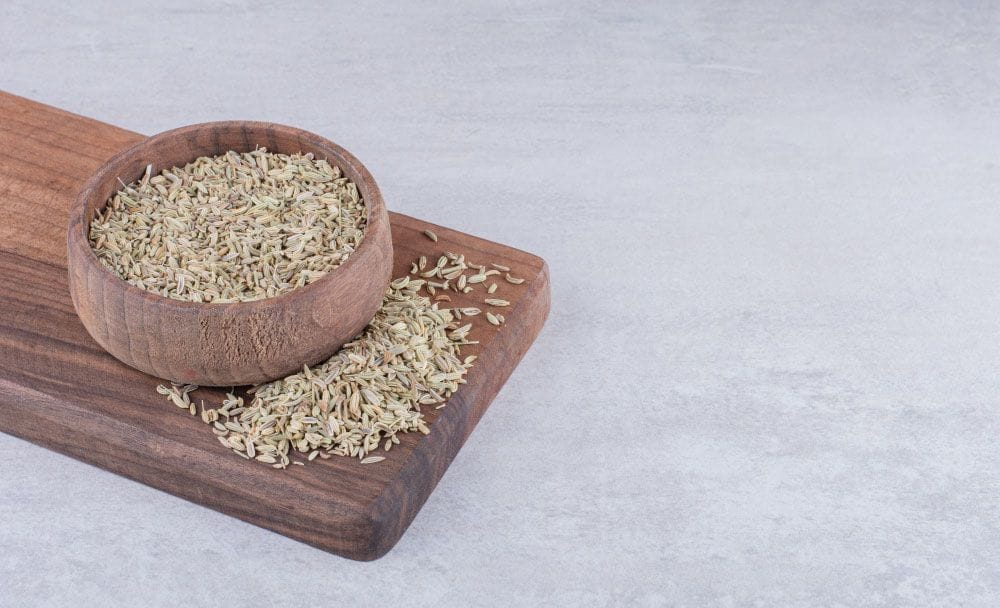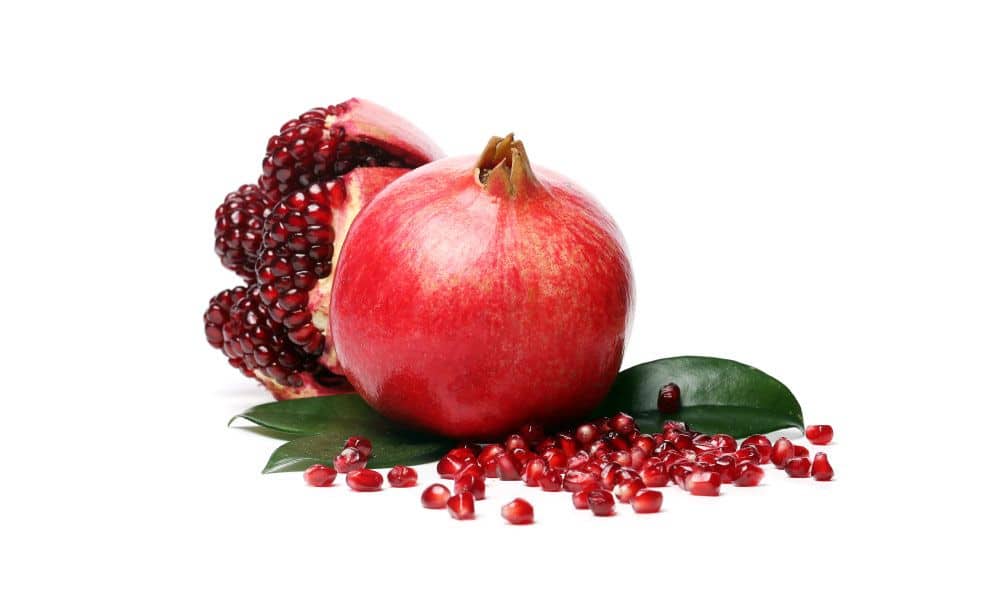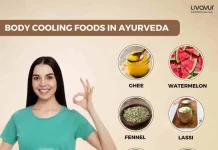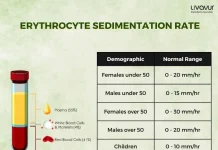
Food poisoning is a common ailment that occurs when you consume contaminated food or water. It can cause discomfort and various symptoms, affecting your digestive system. Ayurvedic literature mentions diseases such as Alsaka(Meteorism) and Visuchika(gastroenteritis) which show symptoms similar to food poisoning.[1] In this article, we will explore the symptoms, causes, and Ayurvedic treatments for food poisoning.
Symptoms of Food Poisoning
Food poisoning manifests in different ways, depending on the severity and type of contamination. The most common symptoms include:
Nausea and vomiting: Unpleasant sensations in the stomach accompanied by the urge to vomit are common symptoms of food poisoning.[2] [3]
Diarrhoea: Frequent loose stools are a result of the body’s attempt to eliminate toxins. [2] [3]
Abdominal pain and cramps: Intense stomach pain and cramping are often experienced during food poisoning episodes. [2] [3]
Fever and chills: In some cases, food poisoning can lead to fever and chills as the body tries to fight off the infection. [2] [3]
Fatigue and weakness: Food poisoning can leave you feeling tired and weak due to the body’s efforts to eliminate toxins. [2] [3]
Causes of Food Poisoning
Food poisoning can be caused by various factors, including:
Bacterial contamination: Bacteria such as Salmonella, Escherichia coli (E. coli), and Campylobacter are common culprits of food poisoning. They can contaminate food during preparation or processing. [4] [5] [6]
Viral infections: Viruses such as norovirus and rotavirus can cause food poisoning when food or water becomes contaminated.[7] [8]
Parasitic infections: Parasites like Giardia and Cryptosporidium can enter the body through contaminated food or water, leading to food poisoning. [9]
Toxins produced by bacteria: Some bacteria produce toxins that cause food poisoning, such as Staphylococcus aureus and Clostridium botulinum. [10]
Recommended Ayurvedic Herbs for Food Poisoning
Ayurveda provides holistic approaches to treating food poisoning by focusing on balancing the body’s energies and strengthening the digestive system. Here are some Ayurvedic herbs that can help alleviate symptoms and promote recovery:
Fennel (Foeniculum vulgare)
Fennel seeds have carminative properties that aid digestion and reduce bloating. Chewing a teaspoon of fennel seeds after meals can promote healthy digestion. [14]
Ginger (Zingiber officinale)
Ginger has excellent digestive properties and can help relieve nausea and vomiting. Consuming ginger tea or adding freshly grated ginger to meals can aid in digestion and reduce discomfort. [11]
Cumin (Cuminum cyminum)

Cumin seeds are known for their digestive benefits. Boiling cumin seeds in water and consuming the strained liquid can help soothe the digestive system and alleviate abdominal pain. [12]
Coriander (Coriandrum sativum)
Coriander seeds have cooling properties that can help reduce inflammation and ease diarrhoea. Boiling coriander seeds in water and drinking the strained liquid can provide relief. [13]
Pomegranate (Punica granatum)

Pomegranate juice is known for its antibacterial and antiviral properties. Drinking fresh pomegranate juice can help fight off infection and support the body’s healing process.[15]
Ayurvedic medicines
Ayurvedic medicines and herbs such as Triphala, Kutaj (Holarrhena antidysenterica), and Musta (Cyperus rotundus) are traditionally used to treat digestive disorders and can be beneficial in cases of food poisoning. It is recommended to consult an Ayurvedic practitioner for appropriate dosage and guidance on using these herbs. [16] [17] [18]
Hydration
Staying hydrated is crucial during food poisoning to replenish fluids lost through vomiting and diarrhoea. Drink plenty of water, herbal teas, and rehydration solutions to maintain hydration levels. [19]
Rest and relaxation
Allow your body to rest and recover during food poisoning episodes. Avoid strenuous activities and give yourself time to heal.
Warm compress
Placing a warm compress on the abdomen can help relieve abdominal pain and cramps associated with food poisoning.
Ayurvedic cleansing practices
Ayurveda emphasizes the importance of detoxification to eliminate toxins from the body. Under the guidance of an Ayurvedic practitioner, you may consider Panchakarma, a series of therapeutic treatments that aim to cleanse and rejuvenate the body. [20]
FAQs
1. What are the common causes of food poisoning?
Food poisoning can be caused by bacterial contamination, viral infections, parasites, or toxins produced by bacteria. Common culprits include Salmonella, E. coli, norovirus, and Giardia.
2. Can Ayurveda be used alongside conventional medicine for food poisoning?
Ayurveda can be used as a complementary approach alongside conventional medicine for food poisoning. It is important to inform your healthcare provider about any Ayurvedic treatments you are using to ensure a holistic and safe approach to your health.
3. Is food poisoning a serious condition?
Food poisoning can range from mild to severe depending on the individual and the type of contamination. While most cases resolve on their own, severe food poisoning can be dangerous and may require medical attention. If symptoms persist or worsen, it is important to seek medical advice.
4. Can Ayurvedic treatments completely cure food poisoning?
Ayurvedic treatments can help alleviate symptoms and support the body’s healing process during food poisoning. However, the effectiveness of treatment may vary depending on the severity of the condition and individual factors. It is important to consult with an Ayurvedic practitioner for personalized guidance and treatment.
Conclusion
Food poisoning can disrupt your daily life and cause significant discomfort. Ayurveda offers valuable insights into understanding and managing food poisoning through natural remedies and lifestyle practices. By incorporating Ayurvedic principles into your life, such as maintaining proper hygiene, consuming Ayurvedic herbs, and following a balanced diet, you can reduce the risk of food poisoning and promote overall well-being. However, it is essential to consult with an Ayurvedic practitioner for personalized guidance and treatment options based on your specific condition. Stay mindful of your food choices, prioritize hygiene, and embrace Ayurveda’s holistic approach to support your digestive health and prevent food poisoning.
Disclaimer: This article is only for providing a medical and general knowledge perspective and does not constitute medical advice. Kindly seek the help of a trained medical practitioner before initiating any treatment.
References:
- Ama – A Fatal Component In Ayurveda Volume 9, Issue 6, 585-592. ISSN 2277– 7105 (World Journal of Pharmaceutical Research)
- Review-on-Food-poisoning-Types-Causes-Symptoms-Diagnosis-Treatment (researchgate.net)
- Food Poisoning Symptoms | CDC
- Salmonella, the host and disease: a brief review – Coburn – 2007 – Immunology & Cell Biology – Wiley Online Library
- Risk Factors for Salmonella, Shiga Toxin-Producing Escherichia coli and Campylobacter Occurrence in Primary Production of Leafy Greens and Strawberries (mdpi.com)
- Food Safety Concerns And Food-Borne Pathogens, Salmonella, Escherichia Coli And Campylobacter | FUUAST Journal of Biology (fuuastjb.org)
- An allergist’s approach to food poisoning – ScienceDirect
- Viral Gastroenteritis – StatPearls – NCBI Bookshelf (nih.gov)
- Foodborne Illness Associated with Cryptosporidium and Giardia from Livestock – ScienceDirect
- Studies on the irradiation of toxins of Clostridium botulinum and Staphylococcus aureus – Rose – 1988 – Journal of Applied Bacteriology – Wiley Online Library
- Medicinal-properties-of-Zingiber-officinale-Roscoe-A-Review (researchgate.net)
- Antimicrobial activity of some plant extracts against bacterial strains causing food poisoning diseases – ScienceDirect
- Coriander (Coriandrum sativum L.) and its bioactive constituents – ScienceDirect
- Phytochemical And Pharmacological Review On Foeniculum Vulgare (pharmasm.com)
- Evaluation of the antimicrobial activity of Punica granatum peel against the enteric pathogens: An invitro study (researchgate.net)
- Conceptual review on Agnimandya with reference to Ajeerna (indigestion) and its Ayurveda management | Journal of Ayurveda and Integrated Medical Sciences (jaims.in)
- Sub-Acute Toxicological Evaluation Of Hydromethanolic Extract Of Holarrhena Antidysenterica Stem Bark (ijapbr.com)
- Review on Pharmacology and Phytochemistry of Cyperus rotundus L. | Current Research in Pharmaceutical Sciences (crpsonline.com)
- Clinical Approach and Management of Food poisoning(researchgate.net)
- A-review-of-Panchakarma-treatment-of-poisoningwith-reference-to-Brihatrayi.pdf (researchgate.net)

















